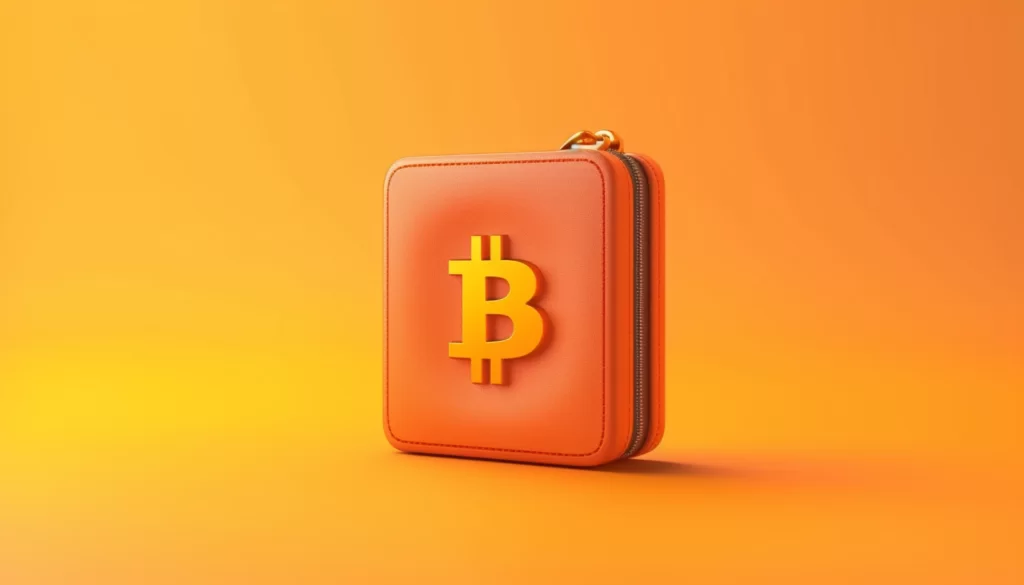How Do I Store My Bitcoin Safely: Best Practices for 2024
How do I store my Bitcoin safely? This guide has the answers. Learn about the best storage methods, from hardware wallets to paper wallets, and discover essential security tips to protect your Bitcoin from theft and scams. We’ll provide clear steps to help you keep your digital assets secure.
Key Takeaways
- Understanding cryptocurrency storage is essential for safeguarding digital assets against risks such as hacking and theft.
- Choosing the right wallet—cold or hot—depends on personal security needs and transaction frequency, with cold wallets providing superior long-term protection.
- Implementing robust security measures, such as two-factor authentication and regular software updates, is crucial for maintaining wallet security and protecting against scams.
Understanding Cryptocurrency Storage
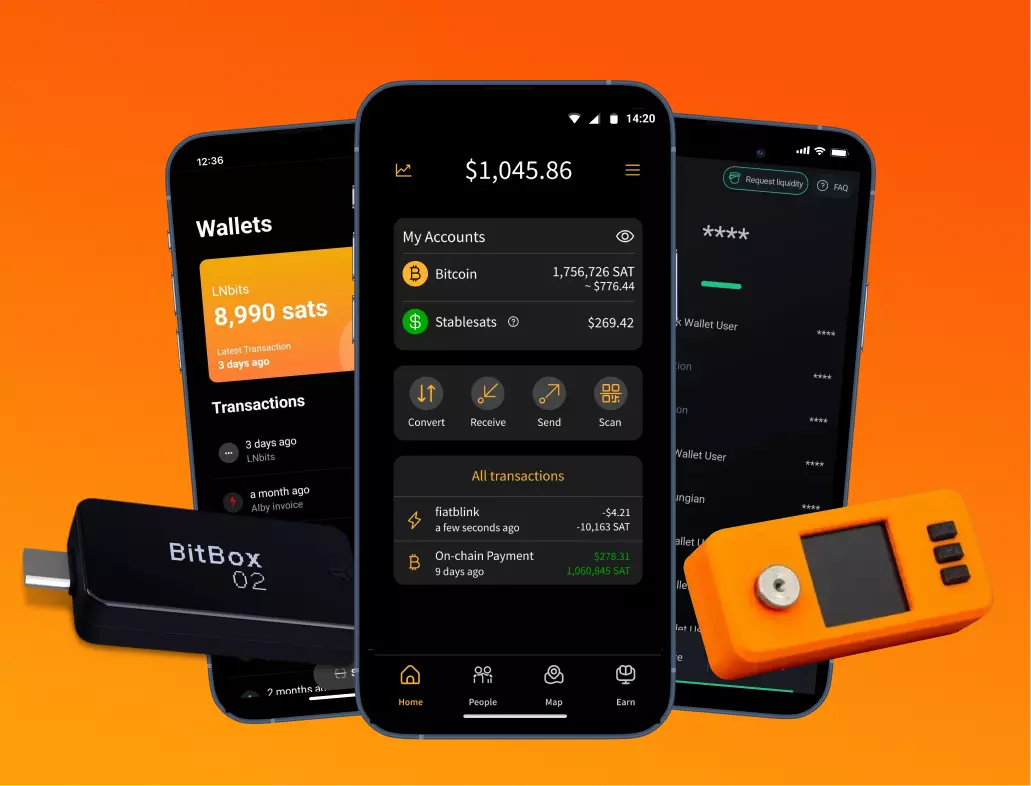
Cryptocurrency storage is a foundational aspect of digital asset management. Unlike traditional money, cryptocurrencies like Bitcoin cannot be stored in regular bank accounts. Instead, they require specific types of wallets, each with its own security features and risks. Understanding these storage methods is essential for protecting your digital assets effectively.
The risks associated with cryptocurrency storage are significant. Hackers, scams, and privacy issues are constant threats in the digital world. Once stolen, cryptocurrencies are notoriously difficult to recover, making secure storage essential for investors and traders. Minimizing these risks involves taking proper steps to protect your digital currency, such as choosing the right wallet and employing robust security measures.
Cryptocurrencies carry risks like hacking and digital theft, and inadequate storage can lead to loss. Knowing the best storage methods to store crypto is vital before making any purchase.
Choosing the Right Crypto Wallet
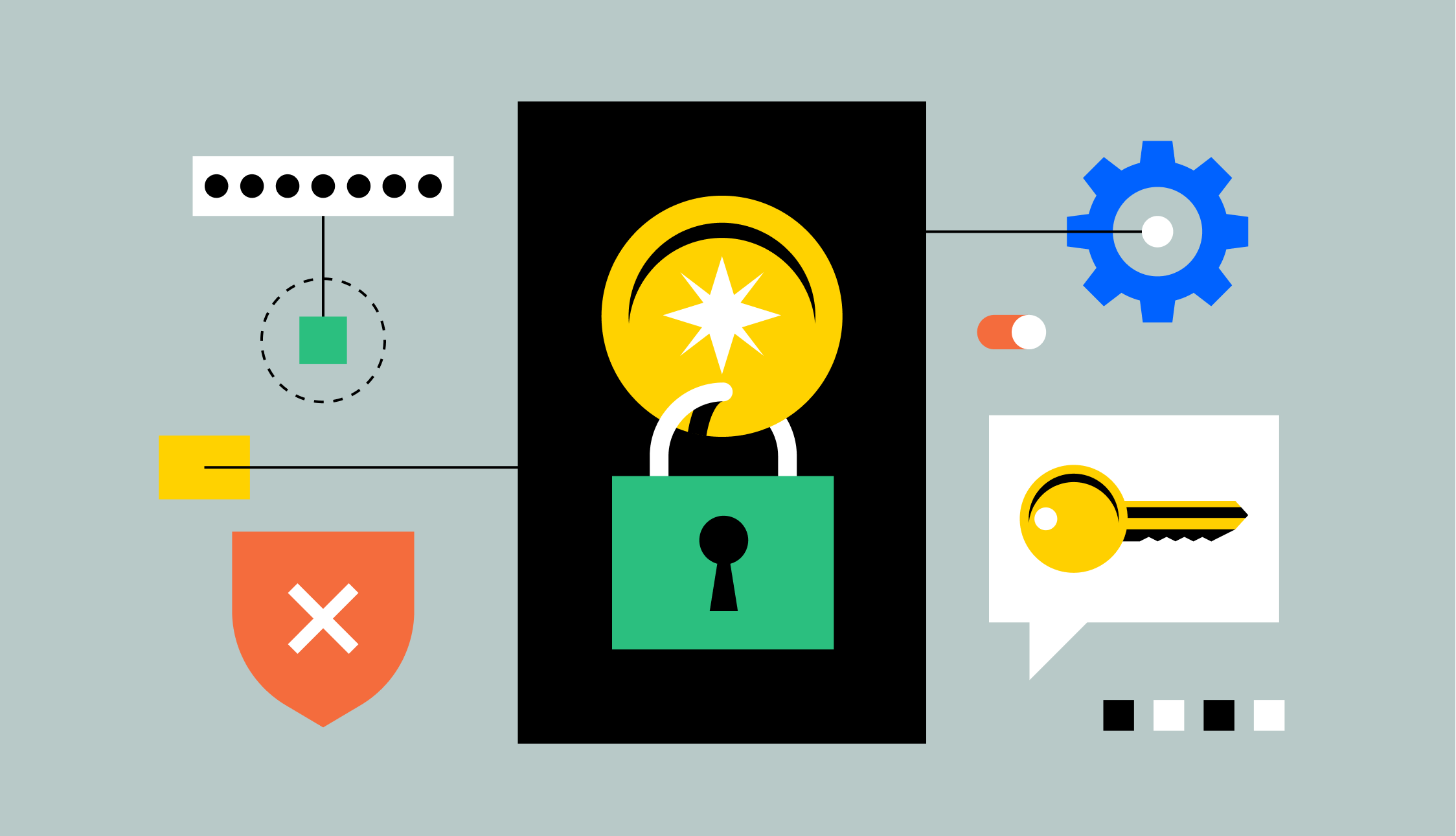
Choosing the right crypto wallet is a critical step in securing your Bitcoin. Crypto wallets come in various forms, each serving the function of storing and managing cryptocurrencies securely. They can be broadly categorized into hardware wallets, software wallets, and paper wallets, each offering different levels of security and convenience.
Making an informed decision requires understanding the different types of wallets available. Hot wallets offer easy access for daily transactions but come with increased security risks. Cold wallets, such as hardware and paper wallets, provide superior protection against cyber threats, making them ideal for long-term storage.
The following subsections will delve into the specifics of each wallet type.
Hot Wallets: Convenience vs. Risk
Hot wallets are connected to the internet, making them highly accessible for quick transactions and daily use. These online, software-based wallets are particularly advantageous for those who need frequent access to their cryptocurrency. However, the convenience of a hot wallet comes at a cost—they are more susceptible to cyber threats and hacking attempts compared to cold wallets.
Mitigating these risks involves implementing strong security measures. A robust password and two-factor authentication can significantly reduce unauthorized access.
While hot wallets are relatively safer than storing crypto directly on exchanges, they still require vigilance and proactive security practices.
Cold Wallets: The Gold Standard for Security
Cold wallets represent the pinnacle of cryptocurrency security. These offline storage solutions, such as hardware wallets and paper wallets, are designed to keep private keys secure by isolating them from internet-connected devices. This offline nature significantly reduces the risk of online scams and cyber threats, making a cold wallet ideal for long-term cryptocurrency storage.
There are various types of cold wallets, each with its unique features. Hardware wallets, for example, offer robust protection against hacking while maintaining some level of accessibility for transactions. Paper wallets, on the other hand, provide a physical form of offline storage but require careful handling to avoid physical damage or loss.
Hardware Wallets: Combining Security and Accessibility
Hardware wallets are small USB devices that securely store private keys, essential for accessing and managing cryptocurrencies. These wallets are regarded as the most secure type of cold storage, combining high-level security with user-friendly features. They utilize pin code locks to prevent unauthorized access, adding an extra layer of protection.
One of the main advantages of hardware wallets is their ability to offer a secure method of storing cryptocurrencies while allowing for relatively easy access during transactions. However, they do come with a cost, typically ranging from $49 to $220, and the risk of physical theft remains a concern.
Paper Wallets: Old School Security
Paper wallets involve writing down private keys and wallet addresses on paper, providing a simple yet effective method of offline storage. When created and stored properly, paper wallets can offer a high level of security against cyber threats. However, they also pose risks related to physical damage or loss, requiring careful handling and storage.
For those looking for a long-term storage solution, paper wallets can be an excellent choice. They are immune to online hacking attempts and can be stored in multiple secure locations to further enhance security. It’s essential to ensure that the paper wallet is kept in a safe environment, away from potential hazards like fire or water damage.
Setting Up Your Bitcoin Wallet
Setting up your Bitcoin wallet is the first step towards securing your digital assets. The process typically involves providing personal details and documents for background verification. This verification step is crucial for ensuring the legitimacy of the wallet and protecting against fraud.
Once your wallet is set up, it’s essential to implement security measures such as creating and backing up seed phrases and enabling two-factor authentication. These steps will help safeguard your wallet against unauthorized access and potential loss of funds.
Creating and Backing Up Seed Phrases
A seed phrase consists of a series of 12 to 24 words. It is used for wallet recovery. These seed words are crucial for generating crypto accounts and addresses. When setting up a wallet, it’s essential to use a strong password that includes numbers, uppercase and lowercase letters, and special characters.
Backing up your seed phrase is vital to prevent loss of access to your wallet. It’s recommended to write your seed words on physical paper and store them in a safe place, avoiding digital formats like screenshots or cloud services.
In case you forget your wallet password, the seed phrase can be used to restore your account.
Enabling Two-Factor Authentication (2FA)
Setting up Two-Factor Authentication (2FA) increases the security of your crypto accounts. It provides an additional layer of protection. This security measure requires a second form of verification, typically a code generated by a mobile authentication app like Google Authenticator, making it more secure than SMS.
Using 2FA helps protect against unauthorized access and security breaches, ensuring that even if someone obtains your password, they cannot access your account without the second verification code. This added security layer is crucial for safeguarding your cryptocurrency holdings.
Best Practices for Private Key Management
Managing private keys securely is paramount for protecting your cryptocurrency. Regularly backing up your wallet ensures that recent addresses and funds are not lost. Encrypting online backups can significantly reduce the risk of theft, providing an additional layer of security.
It’s crucial to store seed phrases on physical media like paper, avoiding digital formats that are more susceptible to hacking. Hard-coding keys into source code should be strictly avoided, as it can lead to immediate compromise.
By following these best practices, you can ensure the safety of your private keys and, consequently, your digital assets.
Secure Storage Options for Different Needs
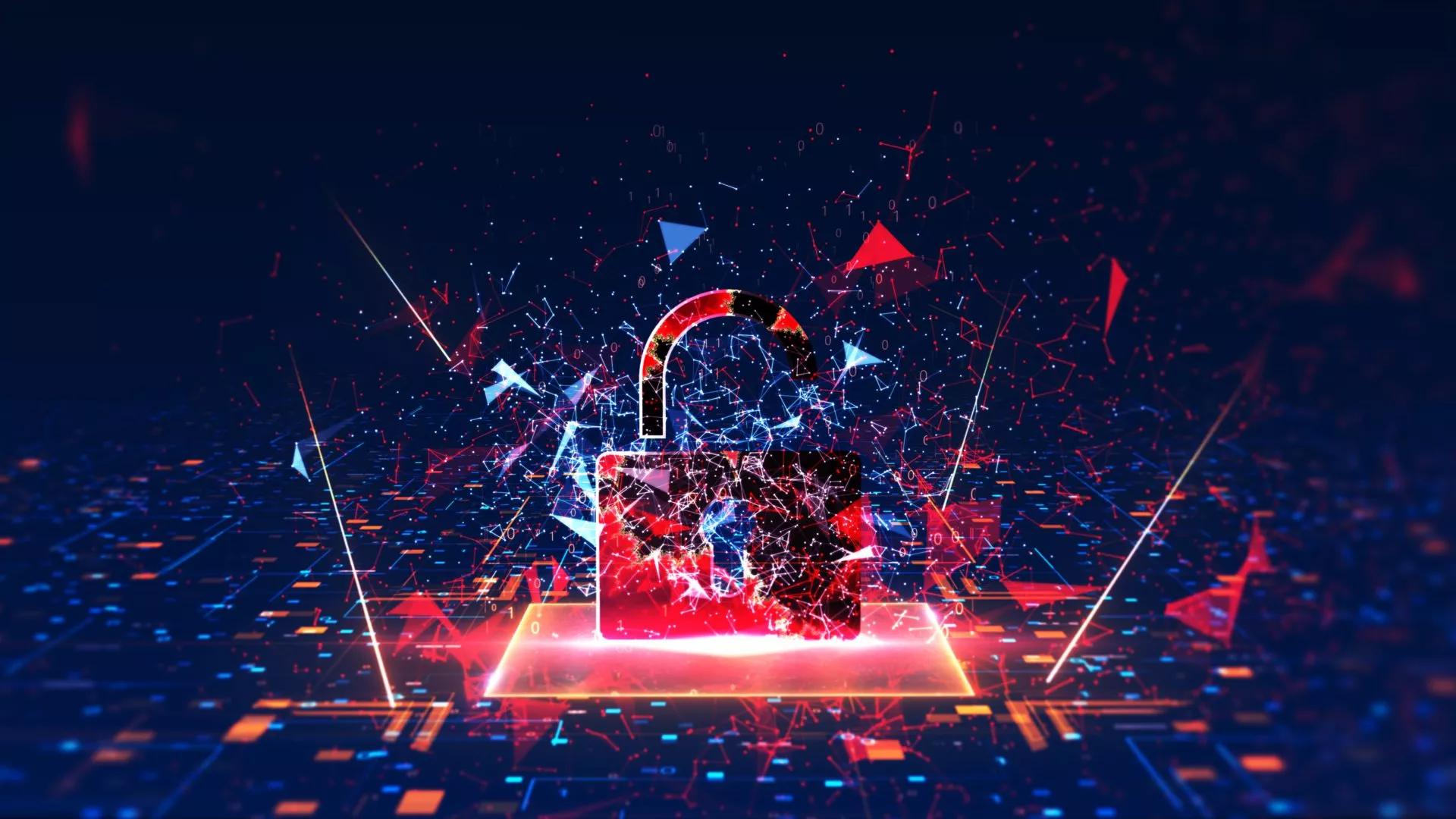
Different users have different storage needs based on transaction frequency and the total value of their holdings. For those who frequently transact with Bitcoin, hot wallets provide easy access for daily transactions, while cold storage is recommended for securing the majority of their holdings. Factors such as the length of time holding assets, local regulations, and personal security needs also influence the choice of storage method.
Understanding these needs is crucial for selecting the most appropriate storage options. The following subsections will discuss long-term and short-term storage solutions to help you prioritize security and convenience based on your specific requirements.
Long-Term Storage Solutions
For long-term storage, cold wallets such as hardware devices and paper wallets are ideal for securely storing cryptocurrency offline. Examples of popular cold storage wallets include Trezor and Ledger, which offer robust security features and are recommended for long-term storage.
The primary risk associated with cold storage wallets is the potential loss of crypto if the device is lost or stolen. Therefore, it’s essential to store these wallets in multiple secure locations to mitigate this risk.
Short-Term Storage Solutions
Short-term storage solutions are necessary for users who require quick access to their cryptocurrency. Hot wallets and crypto exchanges are recommended for frequent transactions, providing the convenience needed for daily use. However, they come with heightened security risks compared to cold storage.
While hardware wallets offer robust security, they can be inconvenient for making many transactions, making hot wallets a better choice for short-term storage needs.
Protecting Against Common Crypto Scams

Crypto scams are on the rise, with fraud amounting to $14 billion in 2021 alone. Protecting your cryptocurrency from these scams is crucial. It’s essential to be aware of the different types of scams and how to protect against them.
The following subsections will delve into phishing scams, fake wallets, and malware threats, providing practical advice on safeguarding your crypto assets.
Phishing Scams
Phishing scams often lure victims to fake websites that resemble legitimate ones, aiming to harvest sensitive information like private keys. To protect against phishing scams, always verify the URL of websites before entering any sensitive information and be cautious of unsolicited emails and messages.
Using two-factor authentication (2FA) wherever possible adds an extra layer of security, making it harder for attackers to gain unauthorized access to your accounts.
Fake Wallets
Fake wallets are another common scam in the cryptocurrency world. Scammers create software that mimics real wallets and often advertise them through platforms like Google Ads or Facebook. Users who download these fake wallets may inadvertently provide scammers with their seed words, giving them access to their crypto.
Avoid fake wallet scams by downloading wallets from official websites and being cautious of emails prompting you to download malicious files.
Malware Threats
Malware can compromise your computer by monitoring all activities, potentially leading to unauthorized access to your cryptocurrency. Once malware infects your computer, it can track everything you do, including your keystrokes and login information.
To protect against malware threats, avoid using public Wi-Fi for transactions and ensure your devices are secure. Implementing robust security measures will help maintain the integrity of your cryptocurrency holdings.
Enhancing Wallet Security with Multi-Signature
Multi-signature wallets require multiple private keys to authorize a transaction, significantly enhancing protection against unauthorized access and fraud. These wallets can be configured to require a specific number of signatures from a set of keys, allowing for customizable security levels.
Using multi-signature wallets increases transparency and accountability, as all signatories must approve transactions. They also include robust backup options, ensuring that access can be recovered if one of the keys is lost.
Splitting private keys into parts requires multiple parties to collaborate to access the full key, enhancing security.
Should You Use Custodial Wallets?
Custodial wallets, managed by third parties such as exchanges, offer convenience and ease of use, particularly for beginners. These wallets typically have user-friendly interfaces and facilitate account recovery more easily than non-custodial options. Moreover, engaging in promotions or trading on exchanges is often made easier through custodial wallets.
However, storing your cryptocurrency on an exchange comes with significant risks. If the exchange experiences a security breach or goes bankrupt, you could lose all your funds. Recent hacking incidents have heightened concerns about the safety of funds stored in custodial wallets.
While a custodial wallet offers convenience, non-custodial wallets give users complete control over their private keys, though with more responsibility.
Regularly Updating Wallet Software
Keeping your wallet software up to date is crucial for maintaining the security of your digital assets. Software updates often include patches for security vulnerabilities that could be exploited by hackers if left unaddressed. Failure to update your wallet software can leave you vulnerable to attacks, as outdated software may have known exploits.
Regular updates not only provide security patches but also enhance the wallet’s efficiency and performance. They may introduce new security features to combat emerging threats, ensuring your Bitcoin remains secure.
Storing Bitcoin Offline: The Ultimate Safety Net
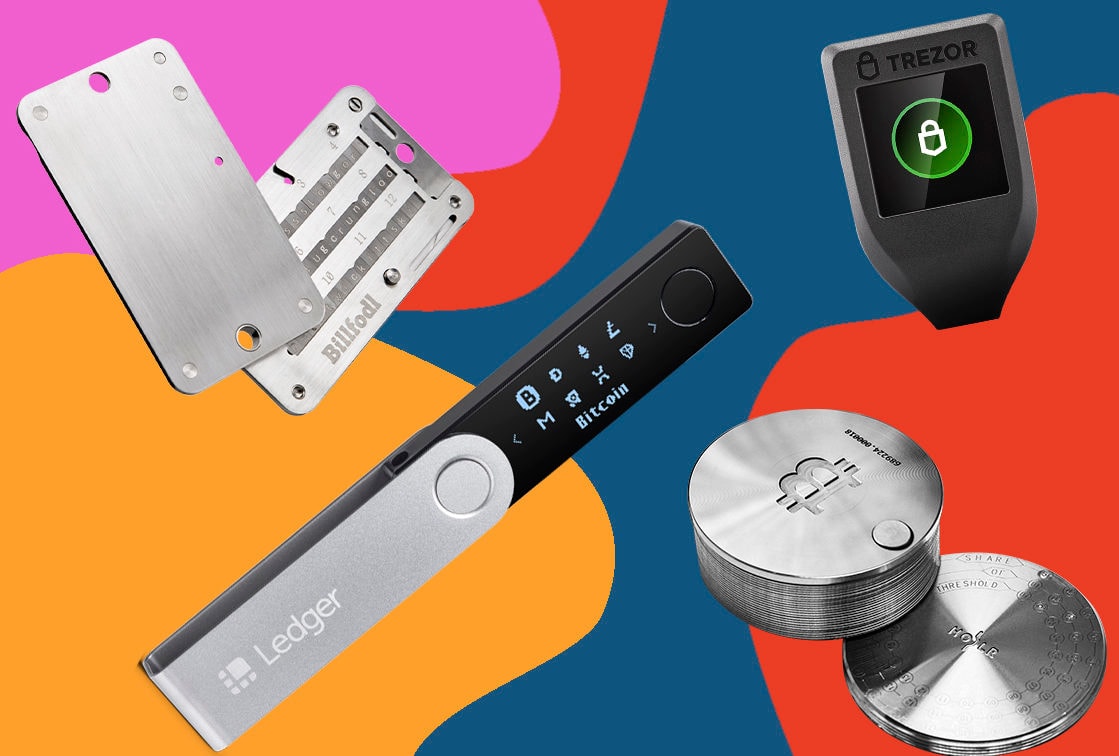
Storing Bitcoin offline is considered the ultimate safety net for protecting your assets from online threats and hacks. Cold wallets, such as hardware and paper wallets, are the gold standard for securely storing Bitcoin long-term. These offline storage solutions provide robust protection against cyber threats, making them ideal for securing large amounts of Bitcoin.
Hardware wallets offer a combination of high-level security and user-friendly features, making them a popular choice for offline Bitcoin storage. Paper wallets provide a simple and effective method of offline storage, but they require careful handling to avoid loss or damage.
Using a bitcoin cold storage wallet ensures your Bitcoin remains safe from online threats.
Summary
In summary, securing your Bitcoin involves understanding and choosing the right storage methods, setting up and managing your wallets properly, and protecting against common scams and threats. Hot wallets offer convenience for daily transactions but come with higher security risks. Cold wallets, including hardware and paper wallets, provide superior protection against cyber threats, making them ideal for long-term storage.
By following best practices for private key management, enabling two-factor authentication, and regularly updating wallet software, you can significantly enhance the security of your Bitcoin holdings. Whether you choose a custodial or non-custodial wallet, the key is to stay informed and vigilant. With the right knowledge and tools, you can store your Bitcoin safely and securely, ensuring your digital assets are well-protected.
Frequently Asked Questions
What are the main differences between hot wallets and cold wallets?
Hot wallets provide convenient, internet-connected access for frequent transactions but are more vulnerable to security threats. Cold wallets, being offline, ensure enhanced security and are recommended for long-term asset storage.
Why is it important to back up my seed phrase?
Backing up your seed phrase is essential for wallet recovery in case you forget your password or lose access. Writing it down on paper and storing it securely ensures that your assets remain protected.
How can I protect myself from phishing scams?
To effectively protect yourself from phishing scams, always verify website URLs before entering sensitive information and remain cautious of unsolicited emails and messages. Utilizing two-factor authentication can further enhance your security.
Are hardware wallets worth the investment?
Yes, investing in hardware wallets is worthwhile as they provide a secure method for storing cryptocurrencies, protecting you from hacking while ensuring easier access during transactions.
What should I consider when choosing a custodial wallet?
When selecting a custodial wallet, prioritize security features, user-friendliness, and recovery options. Acknowledge the risks of exchange storage, such as potential security breaches and loss of funds.

